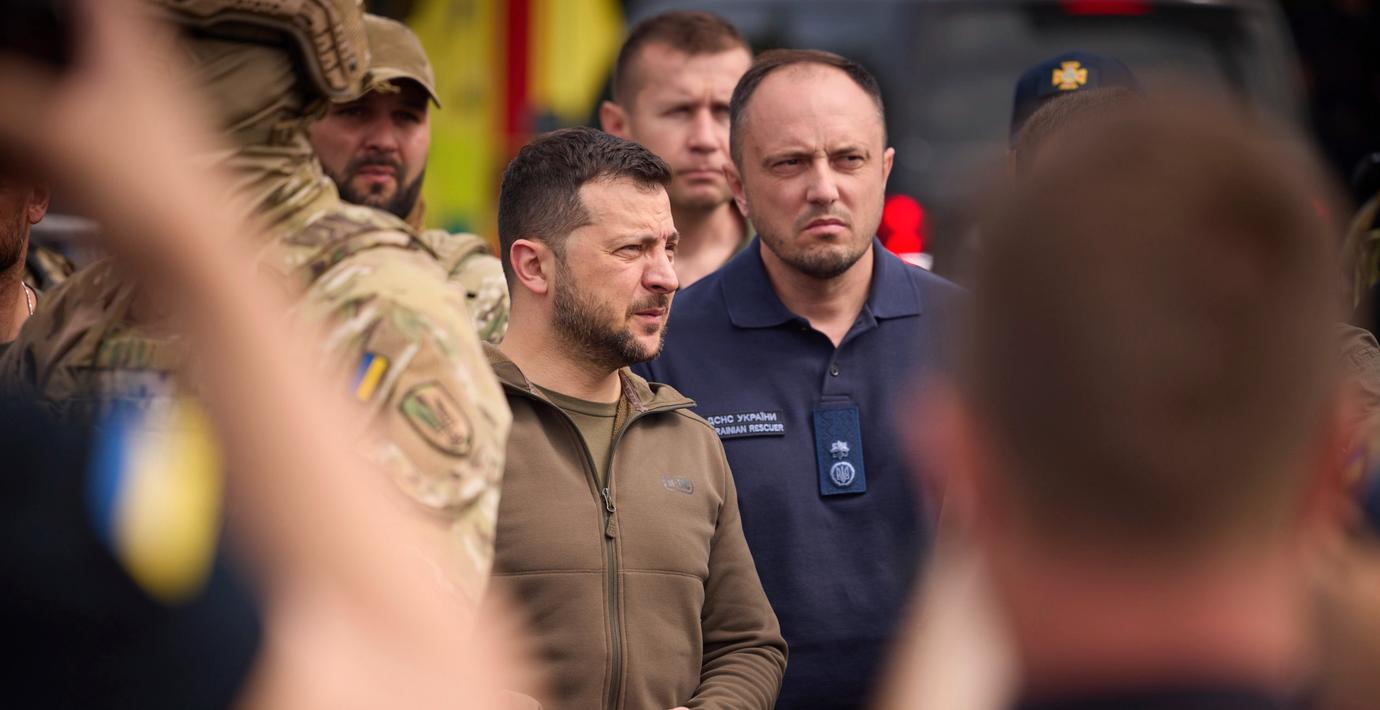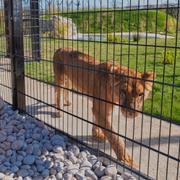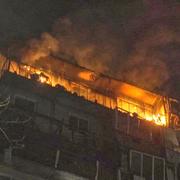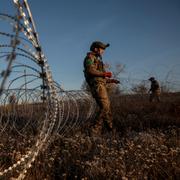
Zelenskyj: Kriget fortsätter tills vi kontrollerar Krym
Kriget kommer inte vara över förrän Krymhalvön kontrolleras av Ukraina. Det säger landets president Volodymyr Zelenskyj i en intervju med CNN.
– Vi kan inte föreställa oss ett Ukraina utan Krym. Så länge Krym är ockuperat innebär det att kriget inte är slut, säger han.
Han säger även att han skulle anse att Ukraina har förlorat kriget om det sluts en fred där halvön, som varit annekterad sedan 2014, tillfaller Ryssland.
Zelenskyj uttalar sig även om Wagnergruppens avbrutna uppror i Ryssland och säger att det visade att Vladimir Putins makt ”faller sönder”.
– Vi såg att han faktiskt inte kontrollerar allting. Wagner kunde ta sig djupt in i Ryssland och visade hur enkelt det var att ta kontrollen över vissa ryska regioner, säger han.
bakgrund
Annekteringen av Krymhalvön
Wikipedia (en)
In February and March 2014, Russia invaded and subsequently annexed the Crimean Peninsula from Ukraine. This event took place in the relative power vacuum on the immediate aftermath of the Revolution of Dignity and was the beginning act of the wider Russo-Ukrainian War.
The events in Kyiv that ousted Ukrainian president Viktor Yanukovych on 22 February 2014 sparked pro-Russian demonstrations as of 23 February against the incoming new Ukrainian government. At the same time Russian president Vladimir Putin discussed Ukrainian events with security service chiefs remarking that "we must start working on returning Crimea to Russia". On 27 February, Russian troops captured strategic sites across Crimea, followed by the installation of the pro-Russian Aksyonov government in Crimea, the Crimean status referendum, and the declaration of Crimea's independence on 16 March 2014. Although Russia initially claimed their military was not involved in the events, Putin later admitted that troops were deployed to "stand behind Crimea's self-defence forces". Russia formally incorporated Crimea on 18 March 2014.Following the annexation, Russia escalated its military presence on the peninsula and made threats to solidify the new status quo on the ground.Ukraine and many other countries condemned the annexation and consider it to be a violation of international law and Russian agreements safeguarding the territorial integrity of Ukraine. The annexation led to the other members of the then-G8 suspending Russia from the group and introducing sanctions. The United Nations General Assembly also rejected the referendum and annexation, adopting a resolution affirming the "territorial integrity of Ukraine within its internationally recognised borders", and referring to the Russian action as a "temporary occupation".The Russian government opposes the "annexation" label, with Putin defending the referendum as complying with the principle of the self-determination of peoples.
Omni är politiskt obundna och oberoende. Vi strävar efter att ge fler perspektiv på nyheterna. Har du frågor eller synpunkter kring vår rapportering? Kontakta redaktionen



